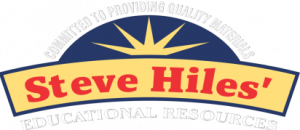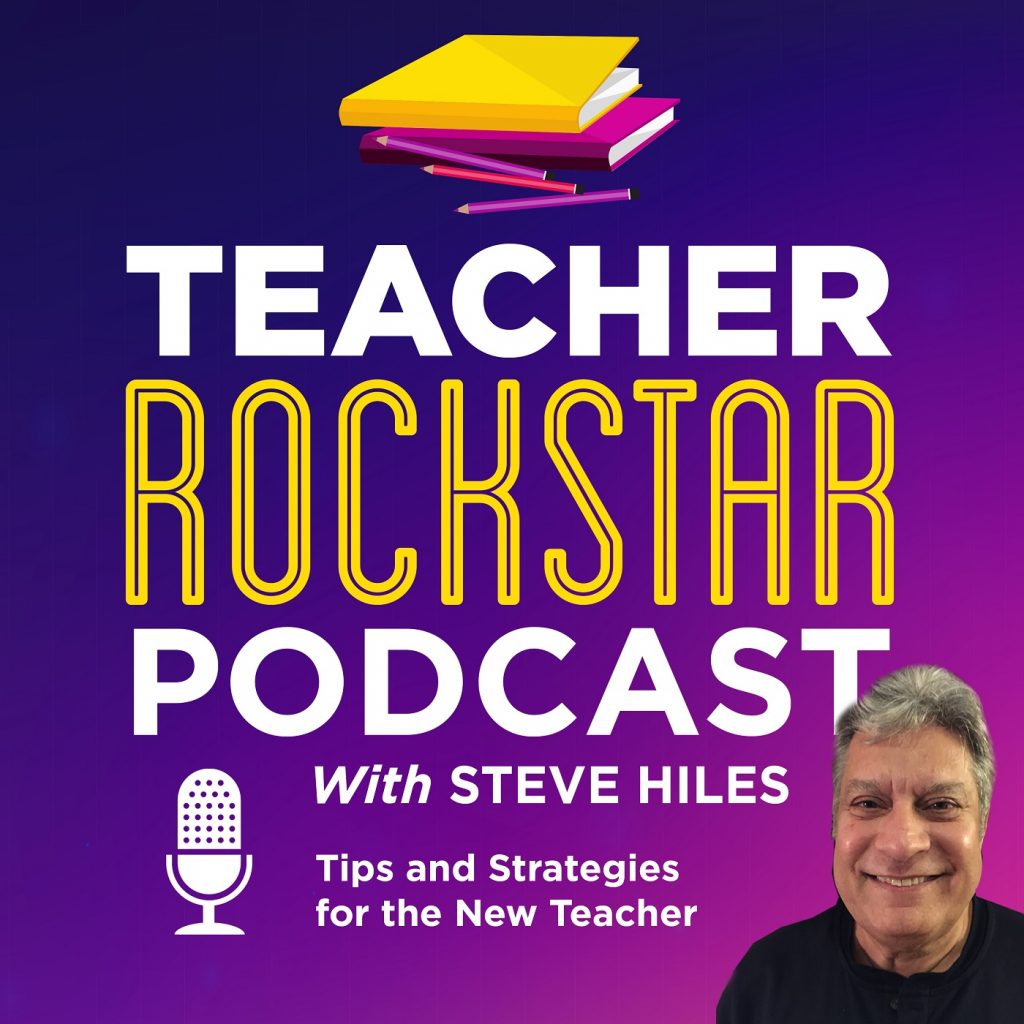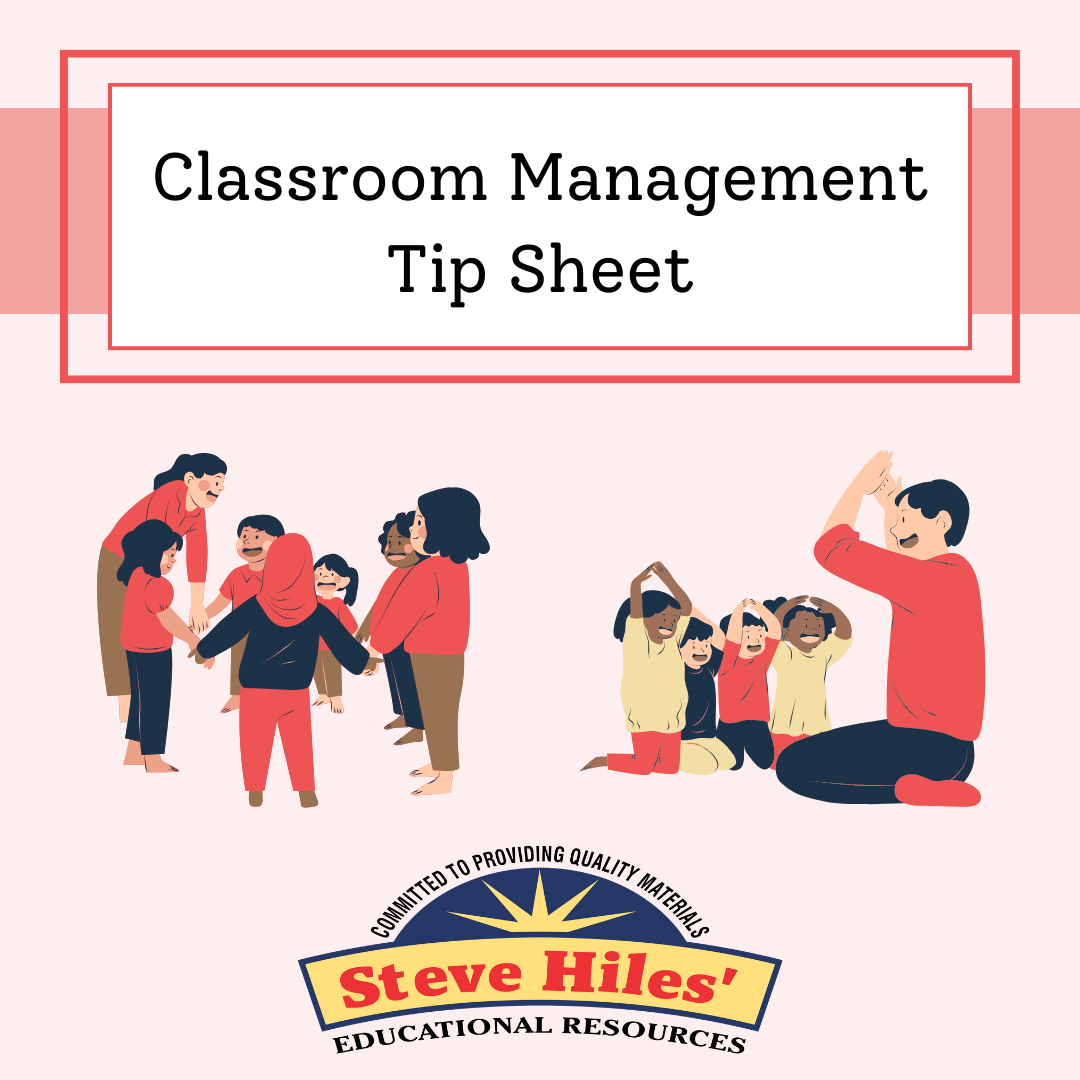A clue to communicative speech is to pick out the most important words and say them LOUDER! In any sentence, one word will be the most important and communicate a lot of meaning. For example, can you pick out the most important word in this sentence?
“To be or not to be, that is the question.”
Hamlet’s famous speech has been said in every possible way over the centuries since Shakespeare first wrote those words. Many argue that the word “not” is the most important; others say the first “be” ranks higher; still others pick the word “question” because Hamlet is questioning his whole existence. The way you emphasize a word can change the meaning of a whole sentence.
Here is the usual way that this Shakespearean line is performed in the very natural rhythm of “iambic pentameter” (5 strong beats in a sentence):
“Little words” like ‘the’ and ‘that’ and ‘to’ and ‘or’ get less volume and are said more quickly than the more important ones.
Typically, the most important word in any sentence is a noun, although the action verbs can also be very communicative, e.g., “I can see the dog is running away!” What is the sentence ‘about’? It’s about a dog. But what’s so important about the dog? He’s running away.
Adjectives give additional information about the noun and may be even more important when you want someone to choose, “the blue one, not the white one.” When giving someone directions, emphasizing the prepositions gives clarity: “go down the hill until you reach the junction…” Simply choose one (up to three) important words in a sentence to say louder, slower, and more clearly than the rest to help your listener really hear them.
Volume is one way to give emphasis to words: say important words louder, less important words more softly. Saying words more slowly than usual is another technique that catches your listeners’ attention. Taking a pause for emphasis after saying a word gives listeners time to absorb and think about what you are saying.







